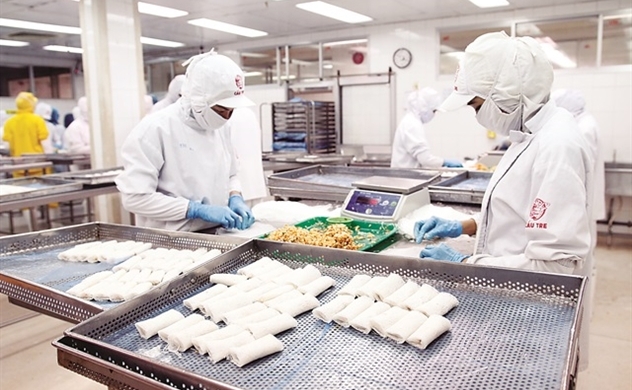Coronavirus threatens thriving sharing economy
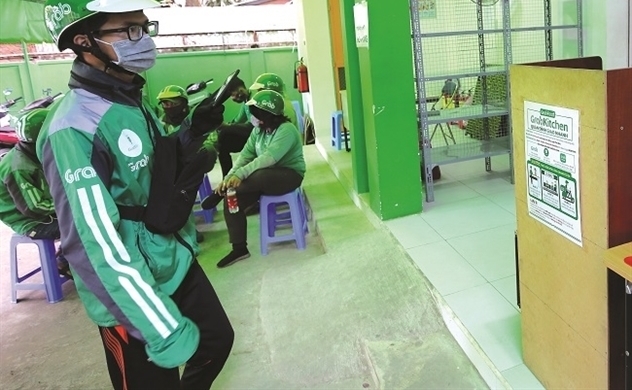
Photo: Quy Hoa
As an integrated business model, using common resources, the sharing economy is facing comprehensive test for its suitability amid epidemic fears.
Recently, Grab temporarily suspended providing car-sharing service (GrabShare) in Singapore right after a taxi driver were found to have contracted coronavirus.
As Asia's financial and transportation hub, Singapore has developed mobile services to satisfy demand for economic growth. Statistics show that there are 77,000 cars participating in the car rental service in this country. The suspension of GrabShare service will undoubtedly affect drivers' income.
In Vietnam, Grab has not done similar move because the epidemic is under control. However, virus fears have affected revenue of taxi firms and ride-hailing apps. Technology-based ride-hailing services said number of passengers fell sharply since everybody avoid going out or gathering at public place.
Grab Vietnam has announced that it will proactively take measures such as advising drivers to wear masks properly, popularizing hygiene instructions, disinfection while advising driver to contact Grab call center when having fever, cough.
For restaurant partners, Grab recommends ensuring safety when preparing and delivering food, such as wearing gloves, disinfecting kitchen or adding a food cover with safety stamps.
Not only ride-hailing services, other sharing businesses such as co-working or co-living spaces are facing difficulties. In China, WeWork co-working space closed 100 buildings to protect employees and clients from the virus. It advised people to work from home or find a private place to work.
Of course, it is still too early to say whether co-working and co-living spaces will suffer from the pandemic. However, sharing facilities such as meeting rooms, kitchens, coffee shops between people is good condition for the virus to spread without a preventive plan.
The epidemic is developing quickly, so it is still early to tell about short-term and medium-term impacts on the Vietnamese real estate market. It is impossible to assess the impact on co-working and co-living spaces, said Stephen Wyatt, General Director of JLL Consulting Vietnam.
According to report from Savills, from 2018-2019, the supply of coworking space increased by 64%. Toong, UP, Circo and Dreamplex are holding the largest market share. Demand for high quality office space in Vietnam is expected to grow in the future when the number of startups and small and medium enterprises increases rapidly.
However, if the COVID-19 pandemic is not contained, it is likely that real estate developers and co-working and co-living chains may halt deploying new projects due to the slowing demand.
Same category news
-
Huyền Hoàng
-
Thanh Hang
Latest news
-
Huyen Hoang

 TIẾNG VIỆT
TIẾNG VIỆT 
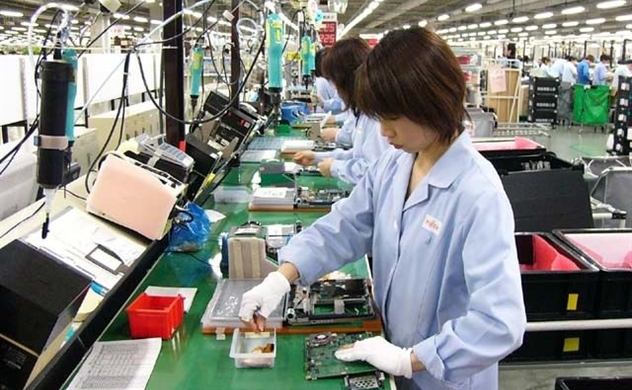
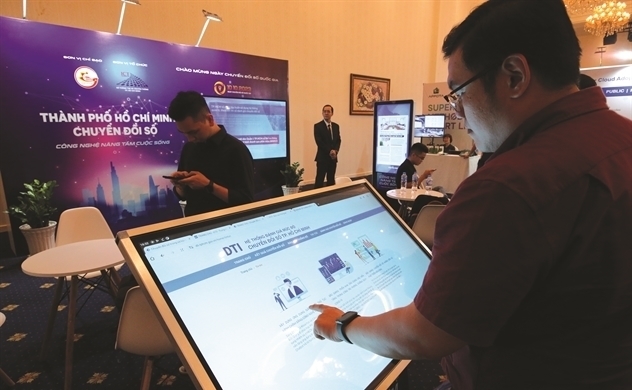

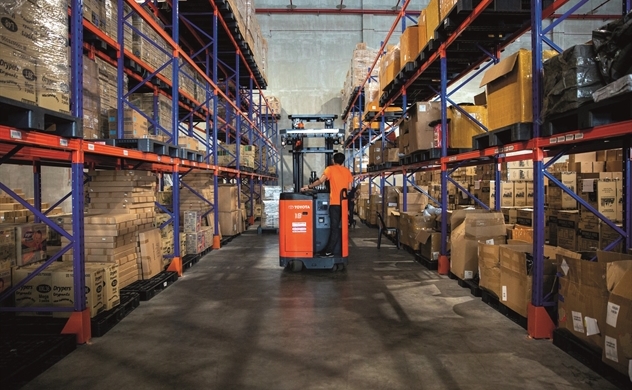




_291615658.jpg)

